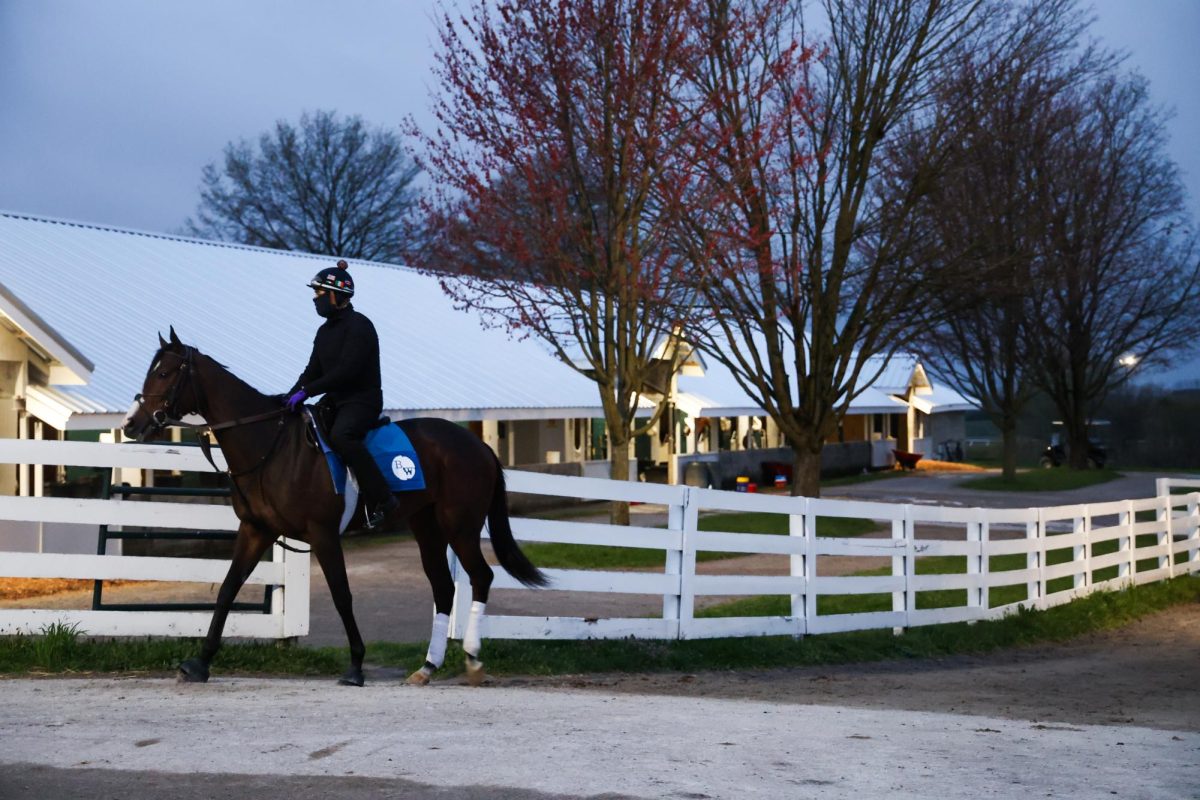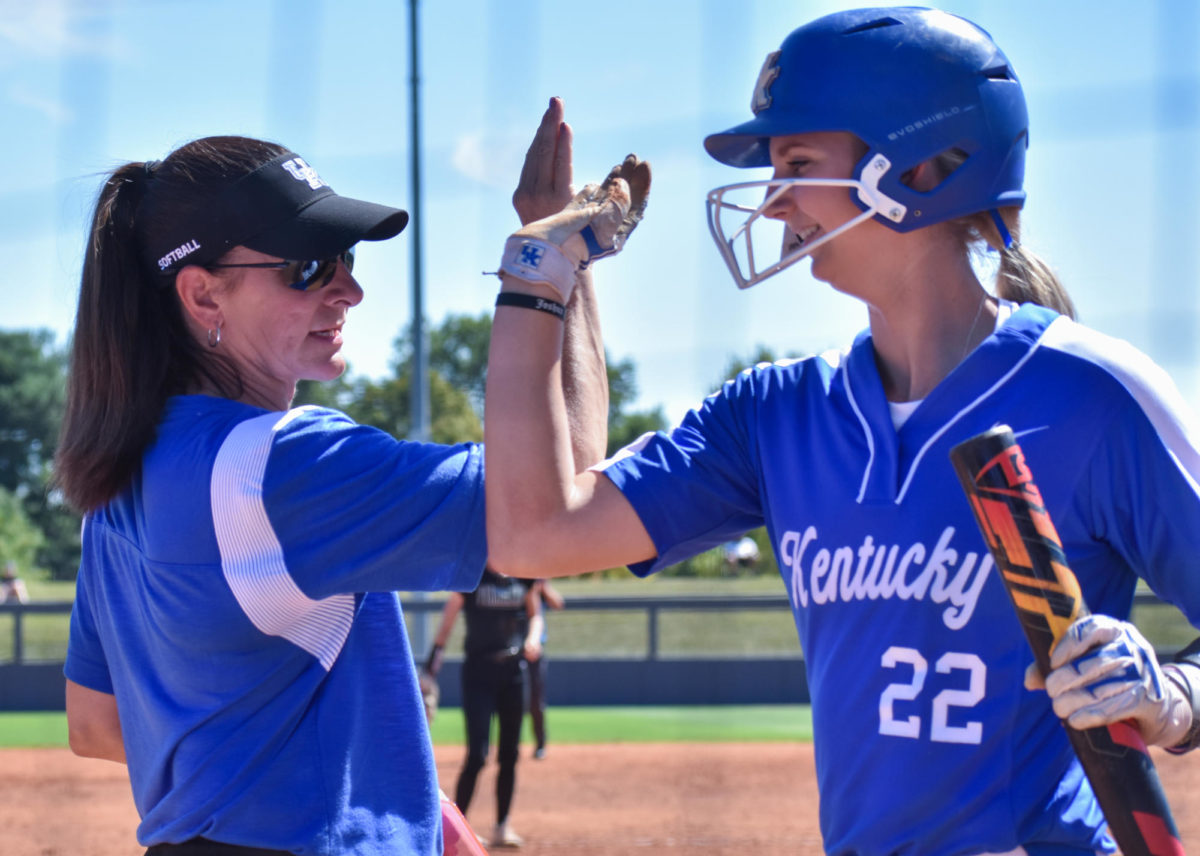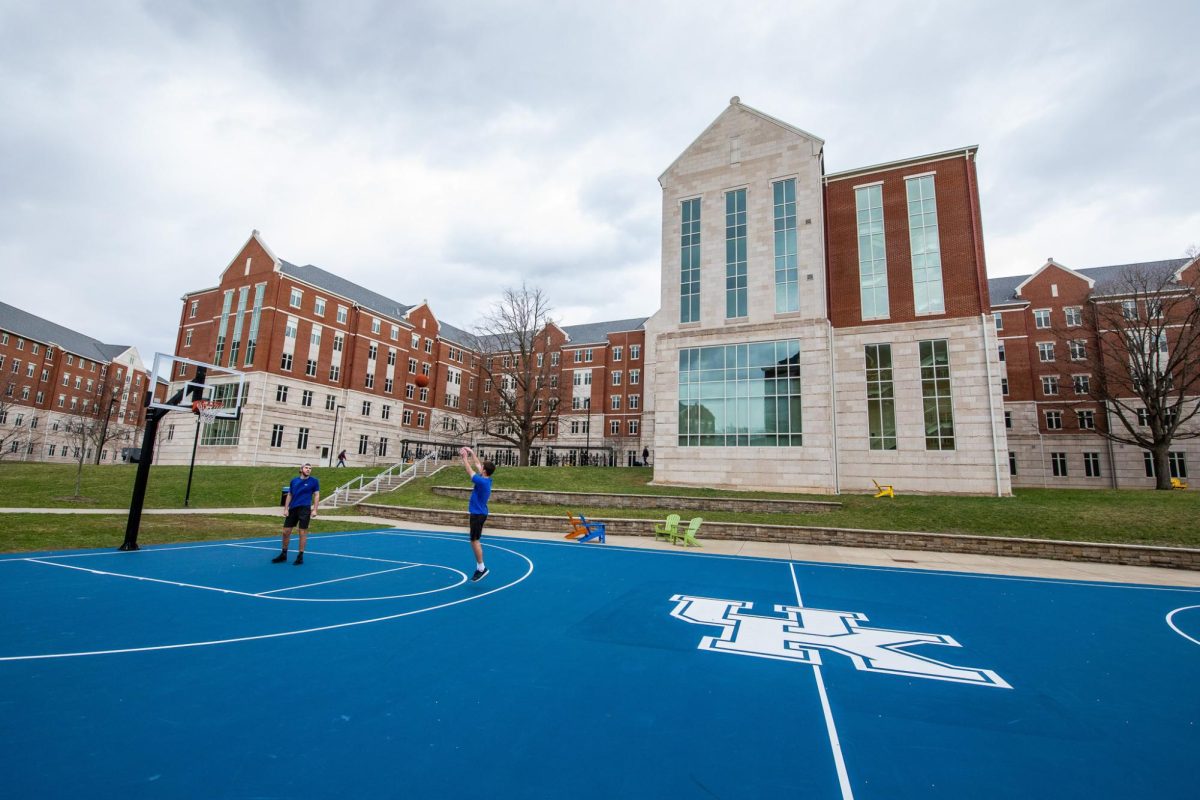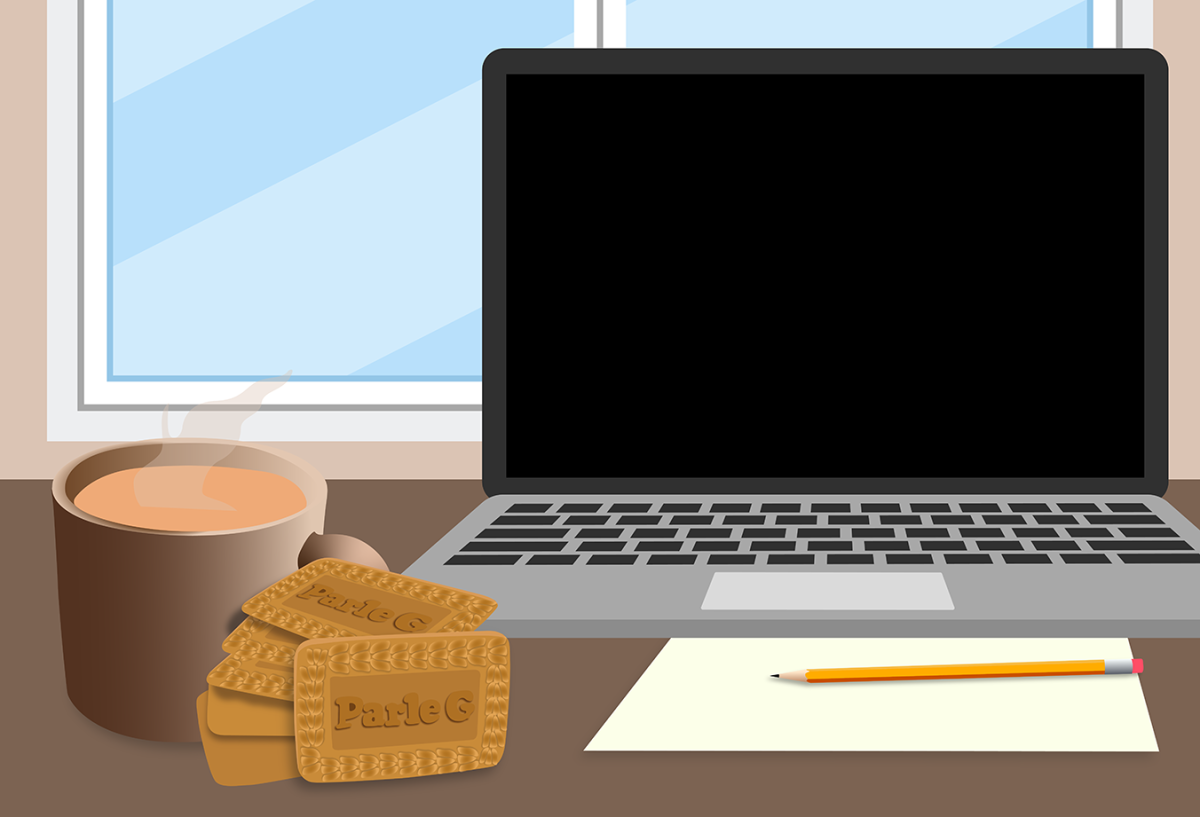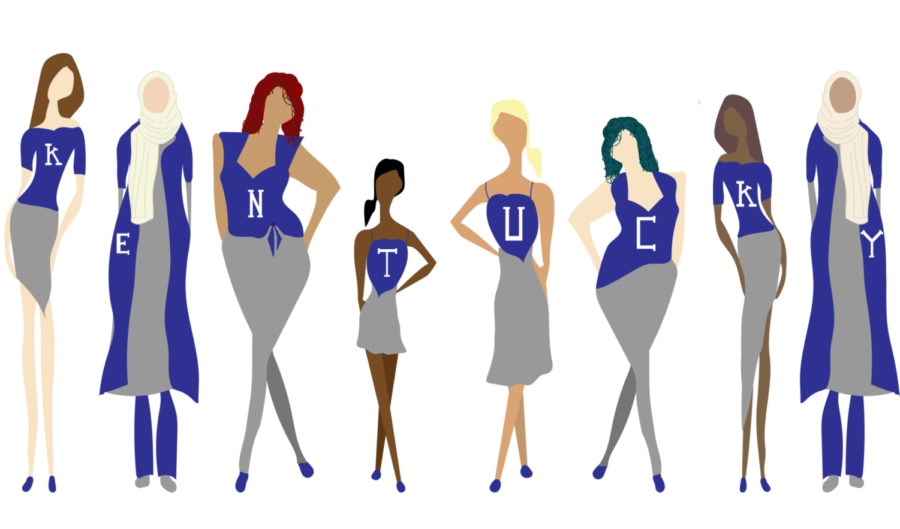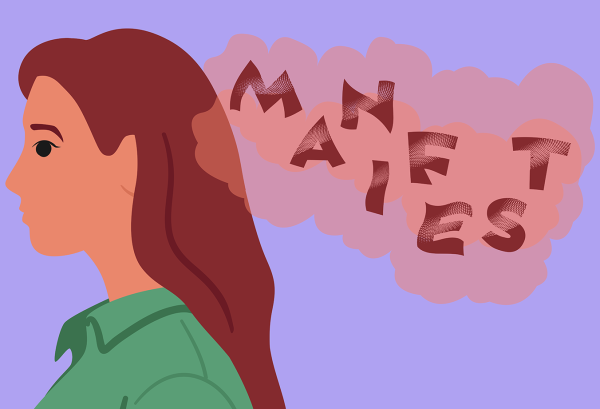Recognizing the impact of Kentucky’s women; what’s changed since ‘Kernel Kuties’
April 16, 2018
“Pleasant it is indeed to have Vicki Arrington for this week’s Kernel Kutie,” read a caption on the front page of the Jan. 19, 1957, edition of the Kentucky Kernel.
The caption, placed underneath a posed portrait of Arrington, listed her major before continuing, “We are certainly glad to have taken this picture before the cold weather drove our subject into her snowsuit!”
In addition to the editorial misjudgment of using an exclamation point in news copy, this feature in the paper, which was far from isolated, was undeniably sexist and unfair in its portrayal of female students.
While the “Kernel Kuties” series popped up in our pages for many years, campus historian Terry Birdwhistell said this sort of coverage in the Kernel was most common in the 1920s, 1930s and a little into the 1940s.
“It’s what male students thought was something people want to look at, see, think about,” Birdwhistell said.
He said it is also important to remember that these “Kuties” voluntarily posed for the photos— exhibiting the need to educate women at the time about how they allowed themselves to be portrayed in the media.
“Part of it is women taking control about how they’re portrayed,” he said.
In his upcoming book about UK women with co-author Deirdre Scaggs, Birdwhistell examines the treatment of women since 1880, when women were first allowed at UK.
Birdwhistell said the culture change surrounding women at UK has been “very gradual,” with highlights coming during World War II and national movements like the one for women’s suffrage.
“I think if you look at women’s history, women have very seldom been given anything,” he said. “They have to take it.”
To gauge how things are for women today, Birdwhistell said to look at the demographics of faculty and administration— how many women are in those top positions.
UK Institutional Research and Advanced Analytics offers this sort of data; the most recent available data is from spring 2017. Then, 54.3 percent of UK undergraduates were female, while full-time faculty was 41 percent female. Full-time employees falling under the category of “Executive/Administrative/Managerial” were 47.6 percent female.
“The people in charge matter. The people in charge of the Kernel matter,” Birdwhistell said.
To that end, the editors at the Kernel have chosen our own so-called “Kernel Kuties”— but in 2018, we call them strong women who have impacted and benefited UK and Kentucky.
In the late ‘80s, when Birdwhistell began work on his dissertation, people would ask him what it was on. He would reply, “The history of women at UK.” More than one person responded with some form of, “That shouldn’t take long,” according to Birdwhistell.
Well, reading this special edition of the Kernel might not take you long, but these are only a small sample of the women impacting our Commonwealth every single day. As the third consecutive female Kernel editor, I invite you to learn more about these women: Kakie Urch, Ellen Calipari, Ouita Michel, Jada Linton, Kaz Brown and Adrienne Poole.















